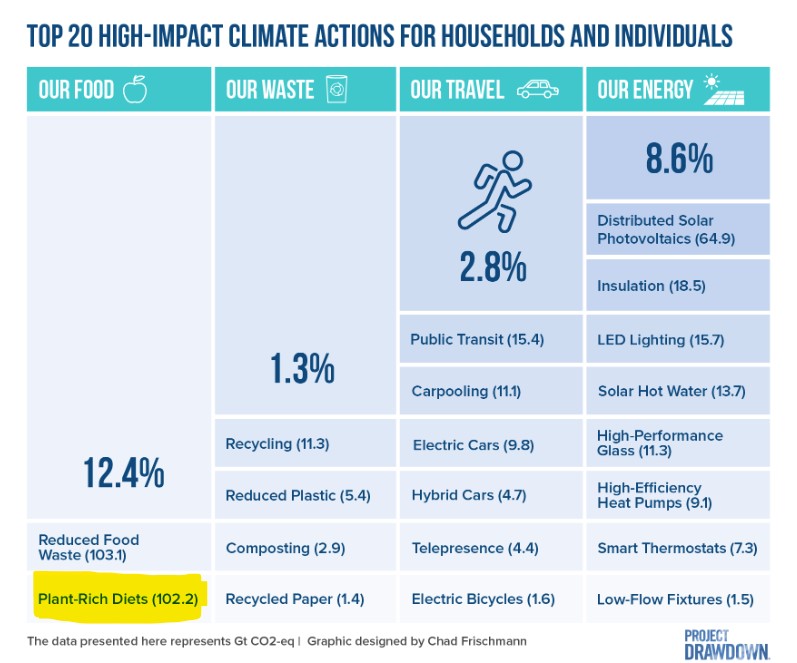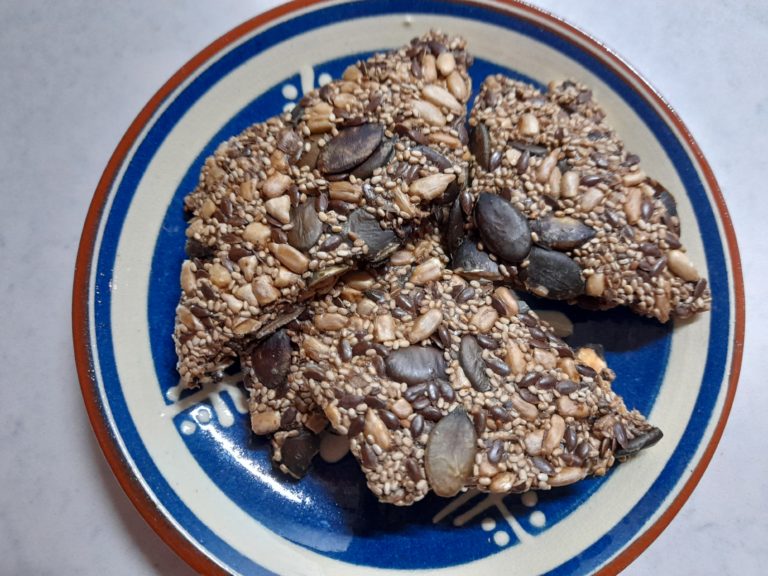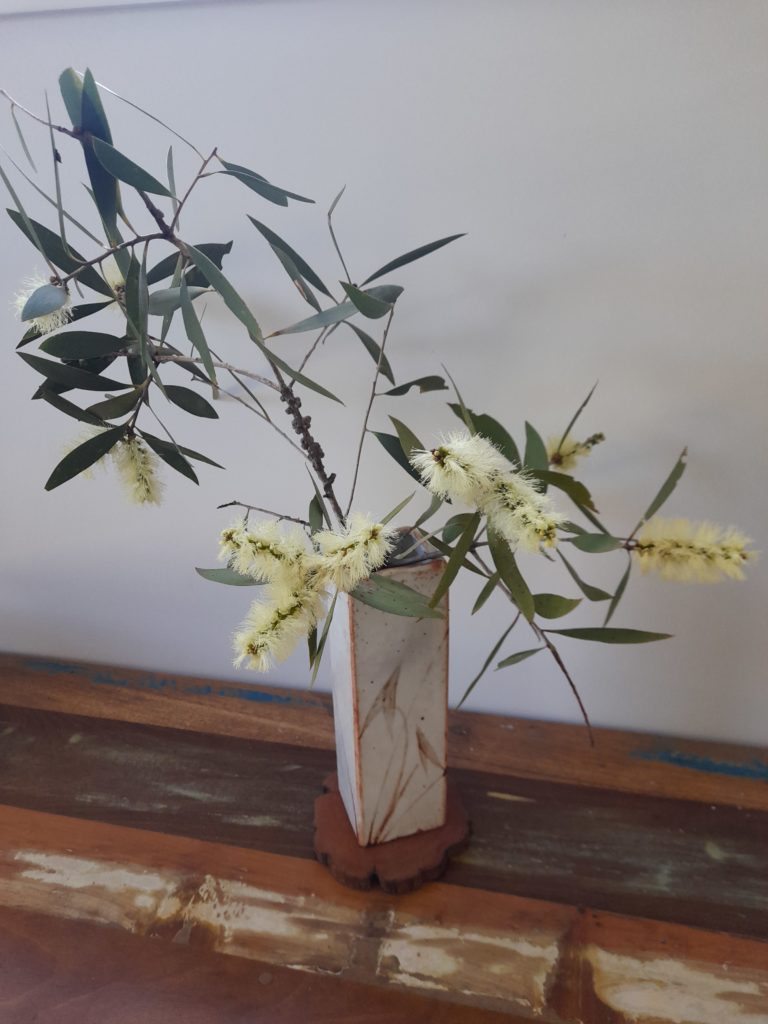Yes it’s plant-based BUT is it good?
There’s a lot of extra marketing hype about ‘plant-based’ foods as “good for you and good for the planet”.
But a lot of it really IS hype – the next in a long line of misinformative marketing that positions super-processed foods as ‘natural’ and ‘better’. Like “low-fat” and other claims, they’re misleading you about their health benefits.
A lot of my patients are confused about this, no wonder!! so I’d like to clarify my position and response.
What does “plant-based” actually mean?
Ultimately, you could argue that steak is a ‘plant-based’ food – because the cow eats grass and corn! That doesn’t make mass-produced, feed lot steak good for you OR the planet.
Most pharmaceutical drugs could be called ‘plant-based’ – because most are derived from plants originally or synthesized from molecules that look like those in plants. But that doesn’t necessarily make them GOOD for you.
There’s a lot of marketing rubbish about ‘plant-based’ so-called foods. But the reality is that the ones with the loudest advertising are usually over processed, full of risky additives (see for example this study on the Impact of Food Colouring on the Gut) and have very little to do with their plant-based ancestors.
For example, a lot of plant based ‘milks’ and meat substitutes fall into the category of super-processed foods and are about as good for you as scoffing a bag of potato crisps and calling it a “healthy meal” because they’re ‘plant-based food’.
What benefit are you hoping for from a so-called “plant-based food”?
Think about what you are wanting to achieve by eating this food. Do you need extra protein or good fats after pregnancies and breastfeeding 3 children ? Or extra Iron or Vit B12 to help with your anaemia?
Are you vegetarian and want to make sure you eat the best selection of minerals, vitamins and proteins, along with good fats and carbohydrates to support your ageing body?
We all have individual specific needs for our circumstances – so we all require a diet that meets those needs – and individual support if we don’t feel they’re met.
Maybe you’ve heard that the impact on climate will be reduced with less meat eating by humans.
Read the ingredients
It’s worth making the effort to read the ingredients list and nutritional data on the label of any processed food before you buy it. Look at the order of the ingredients too – because they’re listed in quantity order.
If you can’t read the ingredients list (surprise, surprise) then take your magnifying glass to the supermarket. Or take a picture on your phone and zoom in on the label.
Make a point of your concern by asking the busy staff to read the ingredients out to you (I’m sure you’ll get extra brownie points for this lol) or complain to the manufacturer.
ALL labels are a pain to read for most of us, not just ageing eyed folk. Regulators need to be pressured to make information easier to understand.
Only buy what you really know or research before you go shopping. As much as possible stick to basic fruit and veg and move around the outside aisles of the supermarket where most of the fresh unprocessed produce resides.
Get to know where things are that you need – such as staples like lentils or wholegrain rice or organic oats – then make a bee-line for these so you don’t get swamped by advertising enticement. Make sure you eat before you go shopping so the cravings are averted.
Not only will this help you avoid ‘health’ traps, it will probably save you money as many “replacement” products come with a high price tag.
If you want to “do the right thing” – eat plants
The best thing you can do is to eat more fresh vegetables, freshly cooked. Your investment in building a library of easy, healthy recipes will repay you.
Your body will thank you – because you’re giving it more fibre and more micronutrients (and your gut bugs will love you even more).
Your planet will thank you too – because a plant-rich diet is in the top 5 climate solutions of the original independent Project Drawdown climate solutions modelling.
The diagram below summarises which personal actions are most useful.:
- The % number in large type is the contribution to global climate solutions that we can make by changing our food (12.4%); our waste (1.3%); our travel (2.8%) and our energy use (8.6%)
- The GT number beside each individual solution is the number of gigatons of emissions saved by 2050 – so eating a diet rich in plants saves 102 GT (!!) compared to home solar panels (distributed solar photovoltaics) saving 64 GT.

So learning about food production and how to make good choices and how to reduce food waste is going to have all sorts of positive impacts in your world as well as your body and your bank balance. (I like Project Regeneration’s How-To Guide Eating Plants guide.)
Support local suppliers and makers
Go to a farmers market, question the baker as to all the bread ingredients, find a sourdough, 24 hour long-fermented whole grain bread if you can.
Find a local (organic) fruit & veg supplier and support their business.
There are some centuries-old plant proteins – often fermented – that are worth investing in. However, the chances of you finding them prominently placed on the shelves in the middle of your local supermarket chain store are slim. Organic tofu and tempeh from ethical suppliers are quite different foods than industrially farmed, additive packed flavoured products.
It’s buyer beware in the super-processed food industry
If you’re buying “plant-based food” for health reasons, then first seek professional advice from your friendly Naturopath or Nutritionist . They are trained to view you through the lens of your individual health needs.
They will use information from your lifestyle and background history as well as your current blood tests and circumstances. That way you can get the best bang for your buck when it comes to food choices.
For instance, testing could indicate that you require more Minerals to stabilize your bone mineral density and reduce your chance of hip fracture as you age. If so, I may direct you to a clinical trial using 5 prunes per day – and that’s a whole lot more affordable than a super-processed “alternative”.
Remember that you all have differing needs. For example, prunes are great for getting your bowels moving as well your bone density – UNLESS you have FODMAP sensitivities.
It’s amazing today just how many different trials on the benefits of whole foods are being conducted – and exciting to see that they are being rolled out across the genders as well. (Hurrah!) That means that healthy eating advice from a health professional is important.
Investing in expert nutritional advice based on your body will pay you and your family back in long term health, a healthier household budget and a healthier planet – all at the same time.
Get in touch through my Contact Page for expert advice to improve your health.




